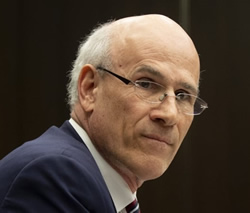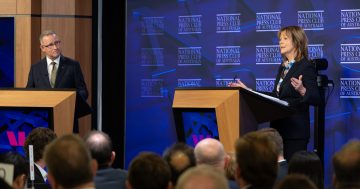 As the Public Service Alliance of Canada (PSAC), representing tens of thousands of Federal Public Servants, prepares to hold strike votes, one expert in labour negotiations said the Government should be prepared for more contract disputes thanks to high inflation.
As the Public Service Alliance of Canada (PSAC), representing tens of thousands of Federal Public Servants, prepares to hold strike votes, one expert in labour negotiations said the Government should be prepared for more contract disputes thanks to high inflation.
The main issue during negotiations, which started in June 2021, was pay increases with the PSAC asking for annual increases of 4.5 per cent over 2021-23 and the Government offering a 2.06 per cent raise on average over four years.
Associate Professor of Industrial Relations at Queen’s University, Robert Hickey said the bargaining environment had been fundamentally changed by inflation.
“What the PSAC is asking seems high, but in the context of relatively high inflation it’s not outside the ballpark for a starting offer,” Professor Hickey said.
He pointed to labour deals reached in 2022 in several of Ontario’s building and construction trades, where many workers received salary increases ranging from three to four per cent annually.
However, former Clerk to the Privy Council, now a University of Ottawa academic, Michael Wernick said there was not much appetite in Ottawa for a work stoppage or disruption.
He questioned how long the public would accept being inconvenienced should a large number of Public Servants start work-to-rule campaigns or eventually launch strike action.
“There’s only so much public sympathy given the perception and the realities that Public Servants enjoy job security, pensions and benefits that a lot of private sector workers don’t have,” Mr Wernick (pictured) said.
He said the one person for whom a strike could be a windfall was Leader of the Conservative Party, Pierre Poilievre, whose was focused on shrinking and limiting the Government.
“I think the PSAC leadership has to think through the long-term consequences,” Mr Wernick said.
Ottawa, 27 January 2023











